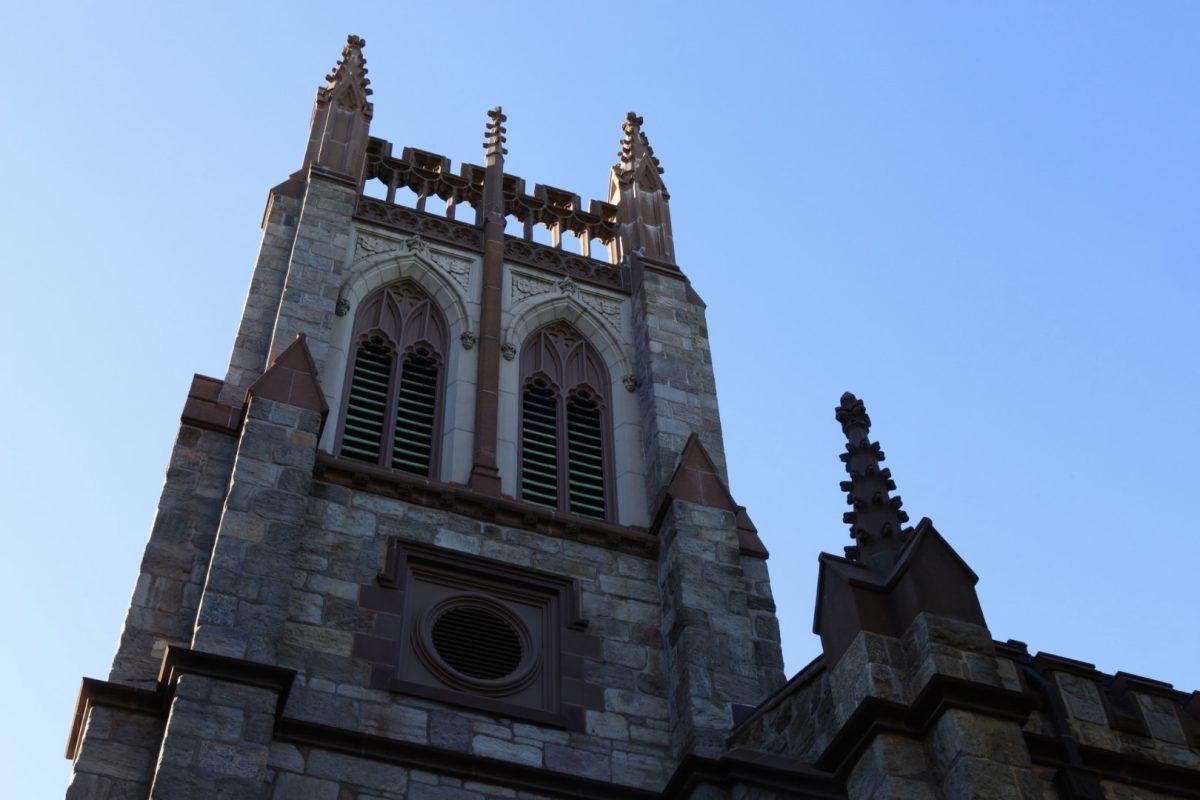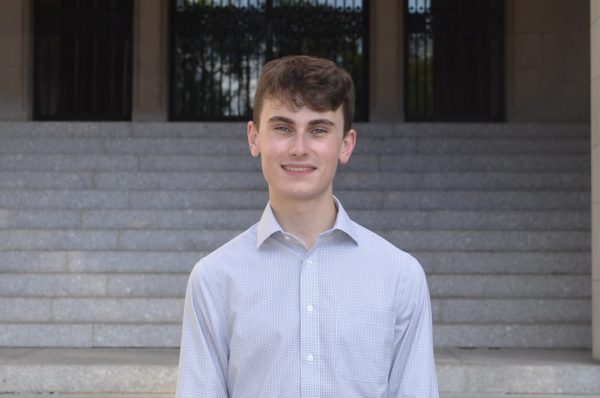Fordham University kicked off its annual Thanksgiving Food Drive last week, sponsored by Campus Ministry. Monetary donations from the Fordham community go directly to providing meals for families in need and facing food insecurity in the New York community. Donations are being accepted until Nov. 30.
Gil Severiano, director of Campus Ministry Operations, Budget and Community Engagement, spearheads the program each year. Severiano works at the McShane Campus Center with student interns to put together community events with Campus Ministry, the food drive being one of the largest annually over the last 10 years.
All proceeds are donated directly to partner organizations that Fordham works with to provide for families struggling with food insecurity in New York City. These include Creston Avenue Baptist Soup Kitchen for Rose Hill donations, Xavier Mission and the Church of Saint Paul the Apostle for Lincoln Center donations and Carver Center for Fordham College at Westchester donations. Fordham is also partnered with the Church of Our Lady of Mercy and Part of the Solution. Students part of the Pedro Arrupe Volunteers Program are also volunteering to support the program.
Some of these organizations are direct partners with the University Church, which is part of the parish of Our Lady of Mercy at Marion Avenue and East Fordham Road. Additionally, the Church of Saint Paul the Apostle is the official church for Fordham Lincoln Center, where masses are hosted weekly.
“We have had conversations with them [Mercy & Saint Paul] where they expressed the need for monetary donations to support their Thanksgiving food distributions,” said Severiano.
While Fordham once collected food donations and sent them directly to parishes, an online donation system has recently been implemented. “It is much easier for the Fordham community to donate online than to commute to work and bring actual food onto campus,” said Severiano. “Canned and non-perishable foods donated were often a cleaning out of someone’s closet, with expired food, dented cans, odd items being donated, and often it was food that was not culturally appropriate, as in items people never ate and didn’t know what to do with.”
Severiano also noted that parishes favored monetary donations to invest in fresh foods, such as turkeys, vegetables and potatoes.
Campus Ministry also works with students at the university who are facing food insecurity. “We also advertise the Swipe Out Hunger program at the same time, to ask students to donate guest meal swipes to food insecure students on campus,” said Severiano. This program allows students who may lack the monetary resources for on-campus dining an opportunity to enjoy a meal.
Severiano also described the increasing need for donations as the cost of living in New York City is on a constant rise. Those living below the poverty line often lack the ability to cover both living and nutritional expenses, and Campus Ministry wants to ensure they can play a part in solving this issue. “Food insecurity is a year-round problem, but during Thanksgiving, when there is such an emphasis on food as part of our culture, I think we can really connect to a lack of food emotionally and want to learn more and take whatever steps we can to support the year-round efforts of our community partners,” she said.









































































































































































































